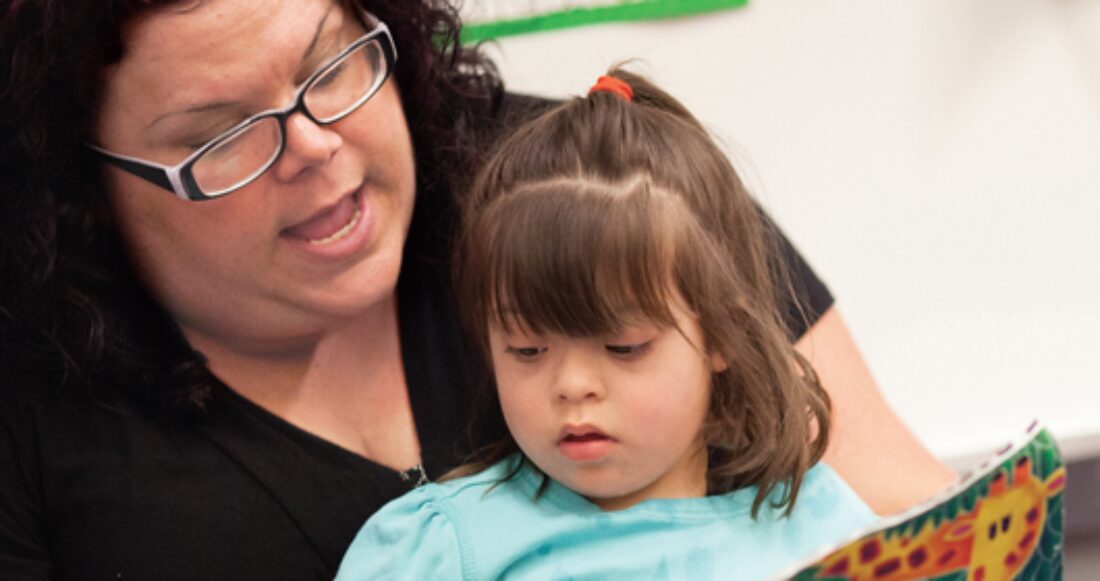Incarceration’s Toll on Communities

Casey’s new KIDS COUNT report on parental incarceration, A Shared Sentence, highlights that children and families aren’t the only ones to experience stress and instability when a parent is behind bars — their communities also feel the blow.
In fact, incarceration further undermines communities that are often already mired in poverty and grappling with inadequate schools, resources and housing options, particularly those neighborhoods where a sizable portion of residents are in prison or jail. The sheer number of absent people can constrain an entire community’s access to opportunity — including individuals who have never been incarcerated.
The report shares ideas for transforming these communities into safe and nurturing environments where kids can grow and thrive.
The Foundation’s recommendations include:
- offering incentives for housing authorities and private landlords to lift restrictions on people with records so that families can remain in or access safe, affordable housing;
- training property managers and caseworkers to ensure they properly interpret housing policies to enable formerly incarcerated parents to live with their families, as appropriate;
- developing economic inclusion and anchor institution policies that promote the hiring and training of formerly incarcerated individuals; and
- strengthening community-based organizations and programs to better address the needs of kids and families dealing with the challenges of incarceration.
Learn more about how parental incarceration affects kids, families and communities.





